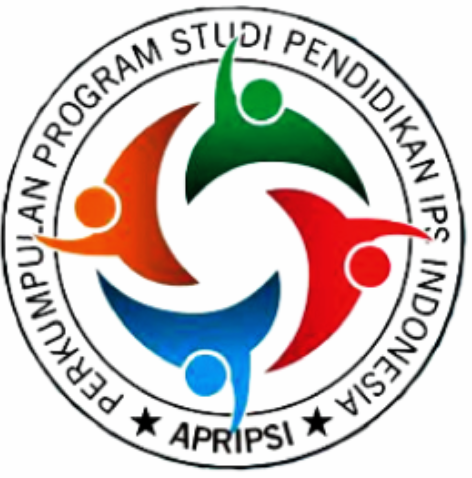The Effectiveness of Social Inquiry Learning Model in Growing Students Sense of Nationalism in Social Studies (A Quasi-Experimental Study on Social Studies Subjects at SMP Muhammadiyah 6 Bandung )
DOI:
https://doi.org/10.21009/EIPS.007.01.02Keywords:
Effectiveness, Social Inquiry Learning Model, NationalismAbstract
This study focuses on the use of social inquiry learning models based on the student's sense of nationalism in
social studies subjects. The benefit of this research is to see the level of effectiveness of the use of learning models
in fostering a sense of nationalism of students in social studies subjects. The theory of effectiveness & meaningful
learning are used as the material for this study. The method used is a quasi-experimental research method with a
quantitative approach. The location of the research was conducted at SMP Muhammadiyah 6 Bandung. The
population in this study was class VIII students. The sample used was for the experimental class, namely VIII–A
and the control class VIII–B using purposive sampling technique. In general, the results showed that the
application of the social inquiry learning model was effective in fostering a sense of nationalism among students
in social studies subjects. In particular, the results showed that there was a significant difference in results
between the experimental class and the control class. Thus it can be concluded that the social inquiry learning
model is effective in fostering a sense of nationalism in students of social studies subjects
Downloads
Published
How to Cite
Issue
Section
License
Authors who publish with this journal agree to the following terms:
- Authors retain copyright and grant the journal right of first publication with the work simultaneously licensed under a Creative Commons Attribution ShareAlike License that allows others to share the work with an acknowledgement of the work's authorship and initial publication in this journal.
- Authors are able to enter into separate, additional contractual arrangements for the non-exclusive distribution of the journal's published version of the work (e.g., post it to an institutional repository or publish it in a book), with an acknowledgement of its initial publication in this journal.
- Authors are permitted and encouraged to post their work online (e.g., in institutional repositories, pre-prints sites or on their website) prior to and during the submission process, as it can lead to productive exchanges, as well as earlier and greater dissemination of published work






